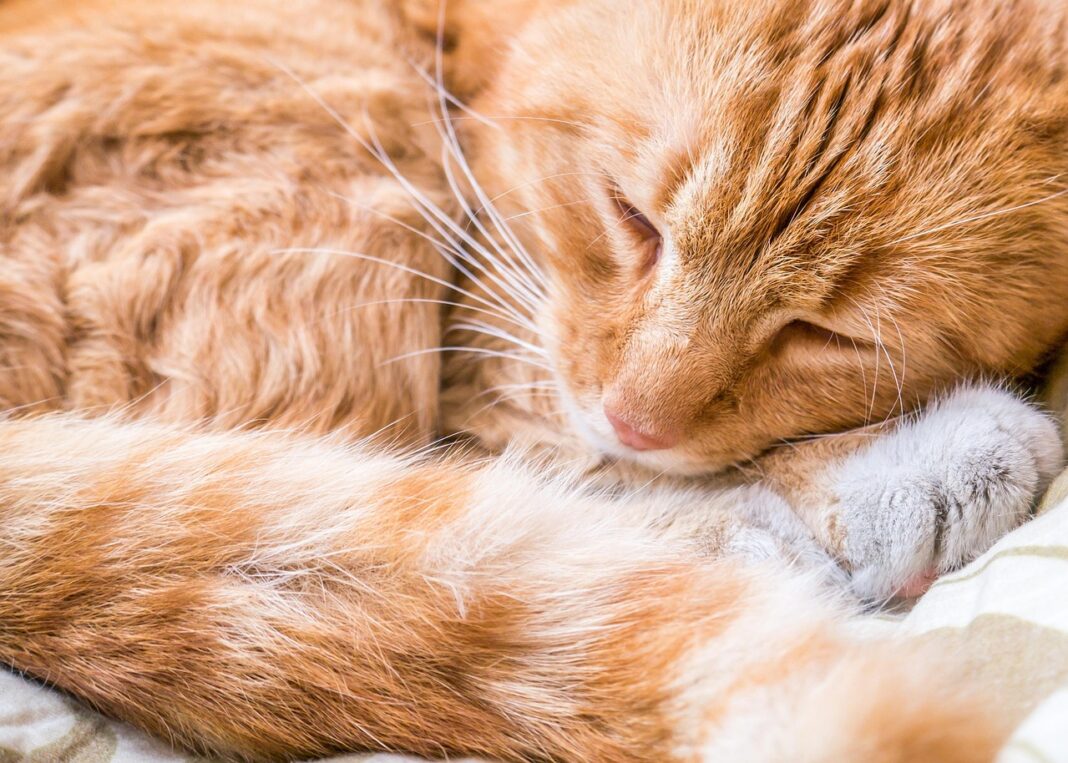Finding the perfect furry companion can be an exciting yet daunting task. With so many adorable dog and cat breeds to choose from, understanding their characteristics, needs, and temperaments is essential for a happy and harmonious relationship. This guide explores some of the most popular pet breeds, providing insights into what makes them so beloved and helping you determine which might be the right fit for your lifestyle.
Popular Dog Breeds: A Comprehensive Guide
The canine world is incredibly diverse, with breeds ranging from tiny Chihuahuas to giant Great Danes. Understanding the general categories and characteristics of popular dog breeds will help you narrow your search.
Labrador Retriever: America’s Favorite
For decades, the Labrador Retriever has consistently topped the list of America’s most popular dog breeds, and for good reason.
- Temperament: Labs are known for their friendly, outgoing, and eager-to-please nature. They are excellent family dogs, patient with children, and generally get along well with other animals.
- Activity Level: Labs are energetic dogs that require regular exercise. Daily walks, runs, or playtime in a fenced yard are crucial for their physical and mental well-being. They excel in activities like swimming, fetch, and agility training.
- Grooming: Labs have a short, dense coat that requires minimal grooming. Weekly brushing is usually sufficient to keep shedding under control.
- Health Considerations: Like many breeds, Labs are prone to certain health issues, including hip and elbow dysplasia, progressive retinal atrophy (PRA), and exercise-induced collapse (EIC). Reputable breeders screen their dogs for these conditions.
- Example: A family with young children and an active lifestyle would find a Labrador Retriever to be an excellent companion. Their playful nature and patient demeanor make them ideal for a family environment.
French Bulldog: Compact and Charming
The French Bulldog has surged in popularity in recent years, thanks to its charming personality and manageable size.
- Temperament: Frenchies are known for their affectionate, playful, and adaptable nature. They are relatively low-energy compared to other breeds, making them well-suited for apartment living.
- Activity Level: While they enjoy walks and playtime, French Bulldogs don’t require extensive exercise. Short bursts of activity are usually sufficient.
- Grooming: French Bulldogs have a short, smooth coat that requires minimal grooming. Regular wrinkle cleaning is important to prevent skin infections.
- Health Considerations: French Bulldogs are a brachycephalic breed, meaning they have a short, flat face. This can lead to breathing problems, especially in hot weather. They are also prone to skin issues, eye problems, and spinal issues.
- Example: A single person living in an apartment would find a French Bulldog to be a great companion. Their small size and relatively low energy levels make them well-suited for apartment life. However, it’s crucial to be aware of their potential health issues and take precautions, especially in hot weather.
Golden Retriever: The Classic Family Dog
Golden Retrievers are another consistently popular breed, known for their gentle and affectionate nature.
- Temperament: Goldens are known for their friendly, intelligent, and loyal nature. They are excellent with children and other animals.
- Activity Level: Golden Retrievers are energetic and require regular exercise. Daily walks, runs, or swims are important. They also enjoy activities like fetch and agility training.
- Grooming: Golden Retrievers have a long, thick coat that requires regular brushing to prevent matting. They also shed moderately.
- Health Considerations: Golden Retrievers are prone to certain health issues, including hip and elbow dysplasia, cancer, and heart disease.
- Example: A family with older children and a large backyard would find a Golden Retriever to be a perfect fit. Their playful nature and loyalty make them great family companions, but they require a commitment to exercise and grooming.
Popular Cat Breeds: Purrfect Companions
Cats, with their independent nature and playful antics, have long been cherished companions. Understanding the characteristics of popular cat breeds can help you find the purrfect feline friend.
Maine Coon: The Gentle Giant
The Maine Coon is one of the largest domestic cat breeds, known for its gentle and affectionate nature.
- Temperament: Maine Coons are known as “gentle giants” for their friendly, playful, and tolerant personality. They are intelligent and enjoy interacting with their owners.
- Activity Level: Maine Coons are relatively active cats that enjoy playing and exploring. They benefit from having access to climbing structures and toys.
- Grooming: Maine Coons have a long, thick coat that requires regular brushing to prevent matting.
- Health Considerations: Maine Coons are prone to certain health issues, including hypertrophic cardiomyopathy (HCM) and hip dysplasia.
- Example: A family with older children or a single person with plenty of space would find a Maine Coon to be a wonderful companion. They are affectionate and enjoy interacting with their owners, but they also need space to roam and explore.
Ragdoll: The Floppy Cat
Ragdolls are known for their docile and affectionate nature, often going limp when held, hence the name “Ragdoll.”
- Temperament: Ragdolls are known for their gentle, affectionate, and laid-back personality. They are typically very tolerant of children and other animals.
- Activity Level: Ragdolls are relatively low-energy cats that enjoy lounging and cuddling. They don’t require extensive exercise.
- Grooming: Ragdolls have a long, silky coat that requires regular brushing to prevent matting.
- Health Considerations: Ragdolls are prone to certain health issues, including hypertrophic cardiomyopathy (HCM) and polycystic kidney disease (PKD).
- Example: A senior citizen or a family with young children would find a Ragdoll to be a great companion. Their gentle nature and low energy levels make them easy to care for.
British Shorthair: The Teddy Bear Cat
The British Shorthair is a popular breed known for its round face, plush coat, and calm demeanor.
- Temperament: British Shorthairs are known for their calm, independent, and affectionate personality. They are typically not overly demanding of attention.
- Activity Level: British Shorthairs are relatively low-energy cats that enjoy lounging and observing their surroundings.
- Grooming: British Shorthairs have a short, dense coat that requires regular brushing to remove loose hair.
- Health Considerations: British Shorthairs are generally healthy cats, but they can be prone to certain health issues, including hypertrophic cardiomyopathy (HCM) and polycystic kidney disease (PKD).
- Example: A busy professional or someone who prefers a more independent cat would find a British Shorthair to be a good fit. They are relatively low-maintenance and don’t require constant attention.
Matching Breeds to Your Lifestyle
Choosing the right breed is crucial for a harmonious relationship. Consider these factors:
- Lifestyle: Are you active or more sedentary? Do you live in an apartment or a house with a yard?
- Family: Do you have children or other pets?
- Time Commitment: How much time can you dedicate to exercise, grooming, and training?
- Budget: Can you afford the cost of food, vet care, and grooming?
- Allergies: Are you allergic to cats or dogs? Some breeds are considered more hypoallergenic than others. (Note: True “hypoallergenic” breeds do not exist, but some produce less dander.)
- Research specific rescue organizations: Often breed specific rescues exist. This can be a great way to adopt a breed you love!
Finding a Reputable Breeder or Rescue Organization
Once you’ve chosen a breed, it’s important to find a reputable breeder or rescue organization.
- Reputable Breeders: Should be knowledgeable about the breed, screen their dogs for health problems, and provide a healthy and stimulating environment.
- Rescue Organizations: Can provide you with a loving companion who needs a home. They often have dogs and cats of various breeds and ages available for adoption. Check local animal shelters and breed-specific rescues.
- Ask questions: Don’t be afraid to ask breeders or rescue organizations about the animal’s history, temperament, and health.
- Visit: If possible, visit the breeder or rescue organization to see the animals in person.
Conclusion
Choosing a pet is a big decision, but by understanding the characteristics of popular breeds and considering your own lifestyle, you can find the perfect companion to share your life with. Remember to research thoroughly, find a reputable breeder or rescue organization, and be prepared to provide your new pet with a loving and supportive home. The companionship and joy that a pet brings are well worth the effort!



